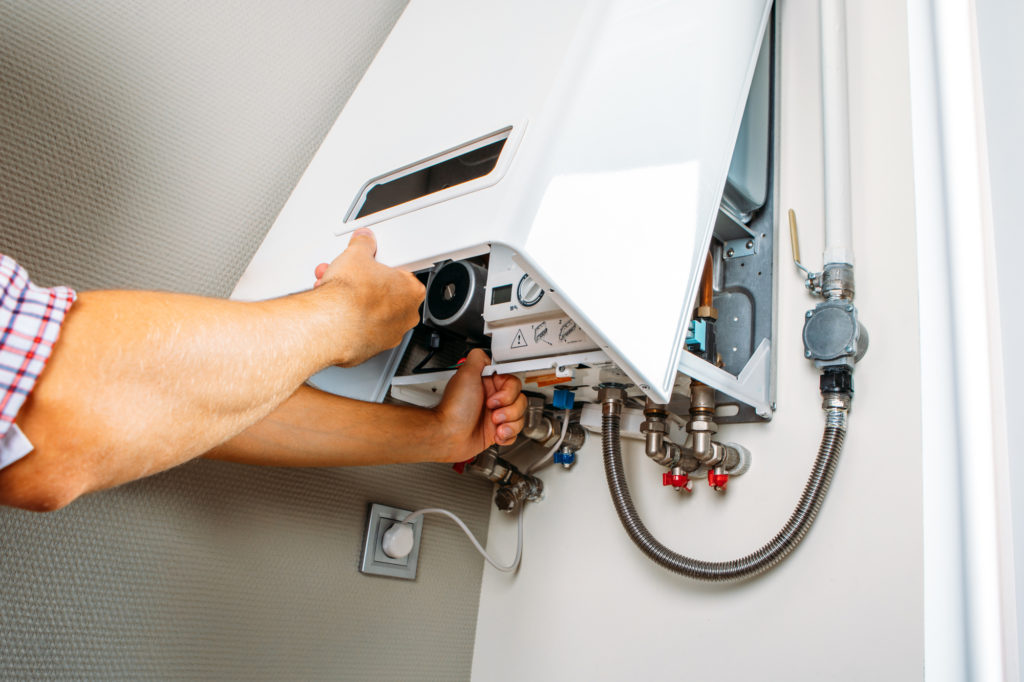A well-maintained water heater can last for several years or even a decade. In fact, some of you may have had the same unit since you purchased or moved into your home. However, like other things, water heaters don’t last forever.
At some point, you’ll need to replace your water heater, especially when it’s malfunctioning and doesn’t do its job anymore. While you can opt for water heater repair services, a replacement may be necessary. To help you know when to replace your water heater, consulting service providers similar to Atomic Hot Water can help determine whether you need a new unit.
The following telltale signs may also help you determine when to replace your current water heater:
Frequent Repairs
Frequent repairs are one of the signs to watch out for when your water heater needs a new replacement. Although it’s normal for a water heater to malfunction, it doesn’t mean that you should always spend money on repairs.

If you notice frequent issues and need repairs several times a year, you should replace your water heater as soon as possible. Newer units are made with durable materials and energy-efficient features, allowing you to enjoy savings over time.
Too Old
As mentioned, nothing lasts forever. You’ll always face the moment you need to search for a new water heater. The problem is that not all know the water heater’s average lifespan. If you’re one of them, it’s time to understand how long a water heater lasts.
Generally, most water heaters may last up to 10 years. While it’s recommended to replace your water heater when it’s 10 years of age, some units may require a replacement after or before this timeline. However, regardless of your unit’s age, you might need to consider replacing your water heater if it often costs more with repairs.
Unusual Noise
If you consistently hear unusual noises from your water heater, something’s not right. It means your unit may malfunction anytime. A strange noise is normally due to sediment buildup at your tank’s base. If you haven’t followed the recommended maintenance schedule, sediment buildup may occur. In serious cases, your unit may need replacement instead of repairs.
Insufficient Hot Water
Another telltale sign that you must replace your water heater is insufficient hot water. Water heaters get worse at heating water as time passes and may also lose their capacity due to sediment buildup. So, once you experience a lack of hot water, you should search for a new water heater in the market.
Rusty Water And Inlet Valve
Rusty water is another sign that your tank’s interior is rusting. Every water heater comes with an anode rod to prevent tanks from rusting. Unfortunately, this rod is often susceptible to rust. The good news is that you can easily replace anode rods. Once you did not replace your unit’s anode rod, your tank will start to rust, resulting in an unusual smell.
Rusting may break down your tank, causing it to leak and crack. Call professionals immediately to help you resolve rusting appropriately to avoid other issues. If the problem is severe, professionals may recommend a water heater installation replacement instead of spending more money on repairs.
Leaks
If you have an old water heater, there’s a possibility that you’ll see water around the tank. It means your unit is leaking. Once it happens, you should hire professionals immediately to avoid significant property damage. This is especially true if you’re dealing with serious leaks in your water heater.
Leaks often happen when your tank expands due to old age and countess heating cycles. When fractures form, it may result in gaps causing the water to leak. However, there are also instances when water leaks aren’t typically due to metal expansions.
There could be an issue with the tank in several cases where leaks happen. If water appears around the tank, check your unit’s components, such as tank fittings and pressure overflow pipe, for signs of wetness.
When leaking is evident in such areas, your fittings may need repairs. You can often resolve it by adjusting and tightening connections or fittings. If the fittings and connections don’t have traces of leaks, there must be something wrong with the tank itself. Once it happens, a water heater replacement is necessary.

Conclusion
Hot water is essential for every household. If your water heater malfunctions for whatever reason, look for professionals to check your unit. Keeping the above signs in mind will help you determine whether to replace or repair your unit. Depending on your hot water supply needs, opt for the right type of water heater. To make a well-informed choice, shop around and weigh the pros and cons of your preferred water heaters.






